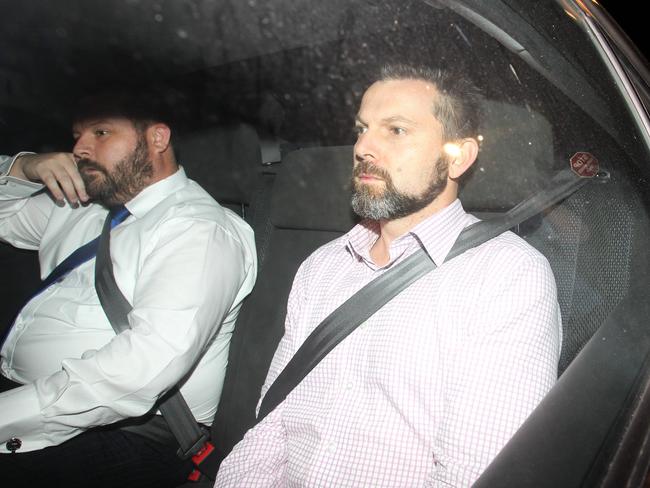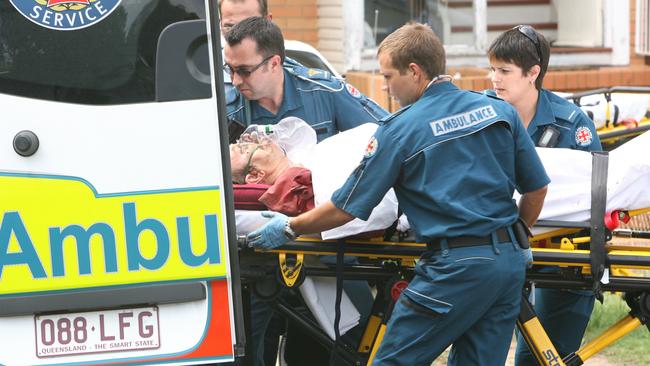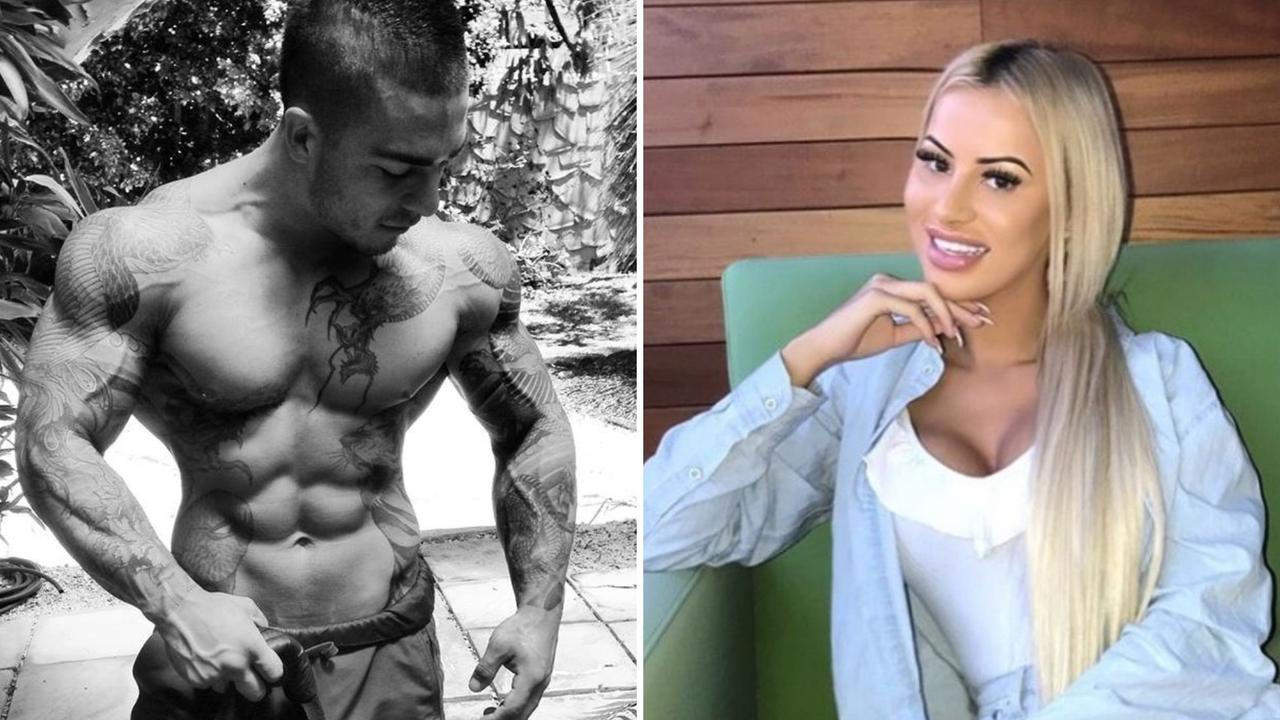Qld parole laws: New calls to keep life-sentence killers behind bars as victims’ families suffer
Several high-profile murderers sentenced to life behind bars are soon to be in line for a chance at parole, triggering new calls for action as the families of their victims are made to suffer.

Police & Courts
Don't miss out on the headlines from Police & Courts. Followed categories will be added to My News.
The families of victims of some of Queensland’s most notorious killers have been given the life sentence those perpetrators may yet avoid, advocates say, as it can be revealed a number of high-profile murderers may be out on parole within the next year.
Allyn John Slater, who abducted eight-year-old schoolgirl Trinity Lee Bates from her Bundaberg home in February 2010 and then strangled her and dumped her body in a stormwater drain, will be eligible for parole next year.
Similarly, former school bus driver Milan Danny Susec, who was jailed for life after stabbing his estranged wife, Raelene Susec, to death in a jealous fit of rage at her Ipswich home in February 2010 could be granted parole as early as February.
Susec stabbed himself after killing his wife in an attempt to make his actions look like self-defence.
Grant Westley Meredith, who received a life sentence for the brutal rape and murder of 21-year-old Gladstone apprentice electrician Kathryn Daley in February 2008 could also be granted parole as early as next November.
Three of the four people serving life sentences for the “love triangle” murder of Tara man John Hoghes – who was shot eight times in the chest while trying to protect his then 19-year-old son from attack – have already been eligible for parole.
Colin Robert Rogers and David Robin Heathcote were both likely eligible in 2022, but they are still in prison, while Yvonne Heathcote was eligible this year.


Another killer already eligible for parole, but still in prison, is Anthony Rowlingson, who as a teenager murdered his brother Robert and enlisted his maths teacher – who was a member of the Ku Klux Klan – to help dispose of the body.
Rowlingson unsuccessfully last applied for parole in 2023.
In July, the lead detective on the Allison Baden-Clay murder case, Mark Ainsworth, told The Courier-Mail her killer husband, Gerard Baden-Clay, should be forced to serve more time behind bars following revelations he is eligible for parole in three years.
Ms Baden-Clay disappeared from her Brookfield home in April 2012, and her body was found 10 days later.
All of these killers were sentenced to life in jail, with a non-parole period of 15 years, but in 2012 the Criminal Law Amendment Bill increased the non-parole period for murder to 20 years.
Queensland Homicide Victims Support Group chief executive Brett Thompson said many families whose loved ones were killed prior to the 2012 changes feel cheated by the system.

“People don’t feel as if justice was served, because they see the only true life sentence that has been imposed is upon them because they’ve lost their loved one for the rest of their life,” Mr Thompson said.
“Because they feel that 12, 15 or 20 years falls well short of what they are now forced to experience, of course, they’d like sentencing increased.
“But the majority of cases, without question, some people want that pushed even further.”
Mr Thompson said the parole process was very hard on victims’ families.
“It obviously brings back a lot of the trauma,” he said.
“And then part of the parole process – which is an important one – is they’ve got the right to provide information to the parole board as to how they feel about it, and if they would object to all those things.
“So that is very difficult to do as a general thing, but it’s also an important right for people to have in that situation.”

Veteran criminal lawyer Bill Potts said Queensland should have a sliding scale for jail terms, rather than just imposing “life” sentences.
“We in Queensland should have a debate as to whether the court should be given a broader discretion to take into account all of the circumstances relating to a particular murder,” he said.
“Why do we not have laws that recognise those moral and physical differences
“And it just seems to me, in a modern, just society that we should have a discussion around whether a court should be granted complete discretion as opposed to providing a one-size-fits-all mandatory minimum sentence to everybody.”



